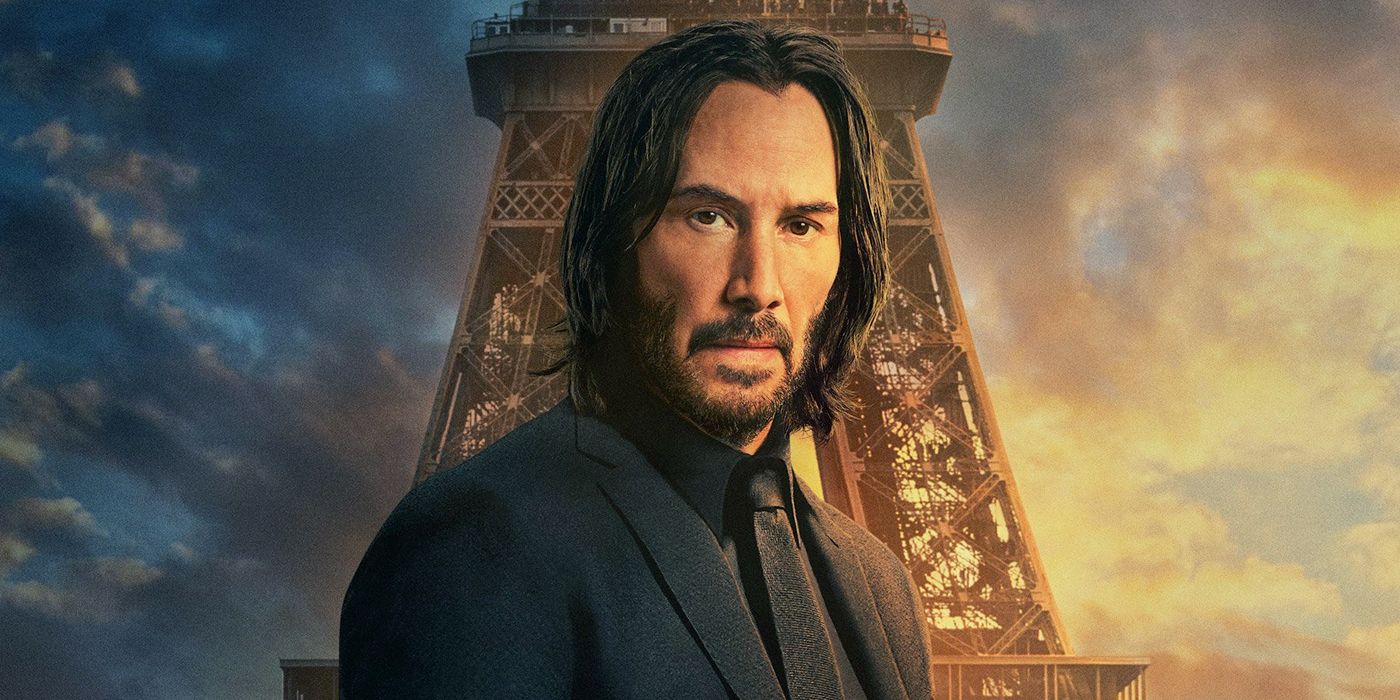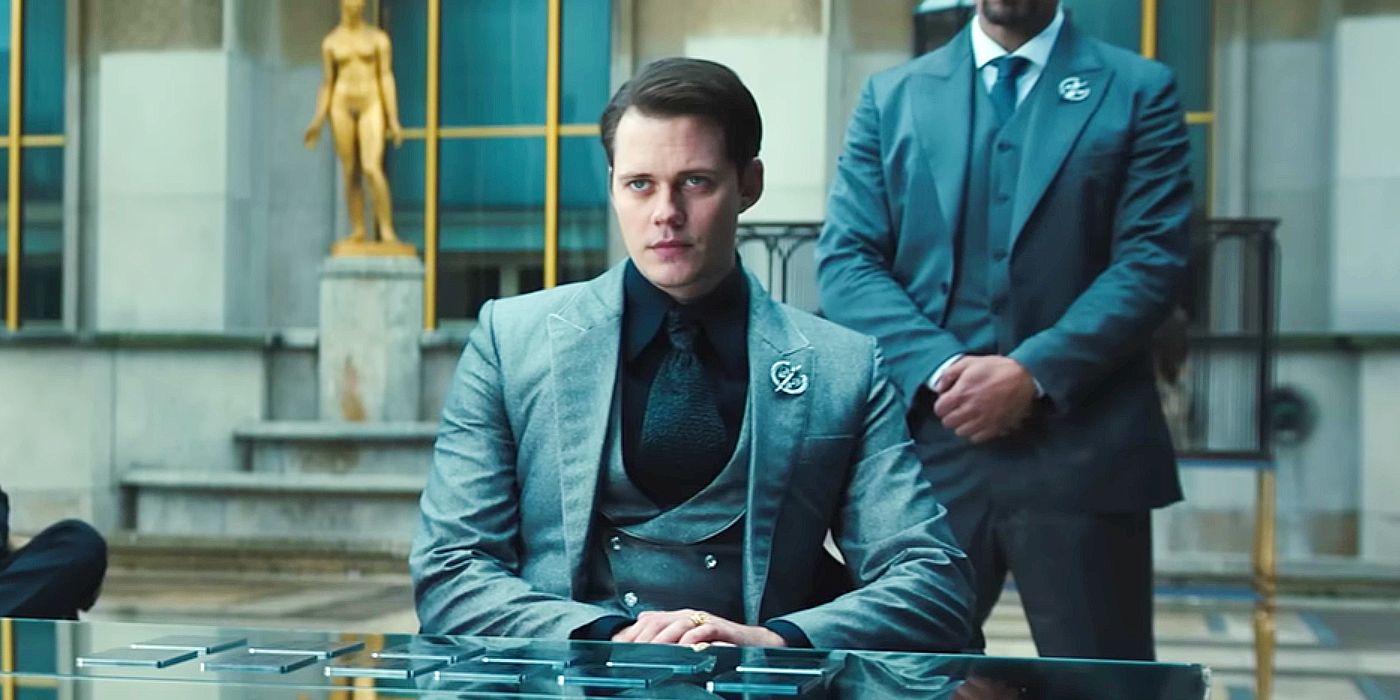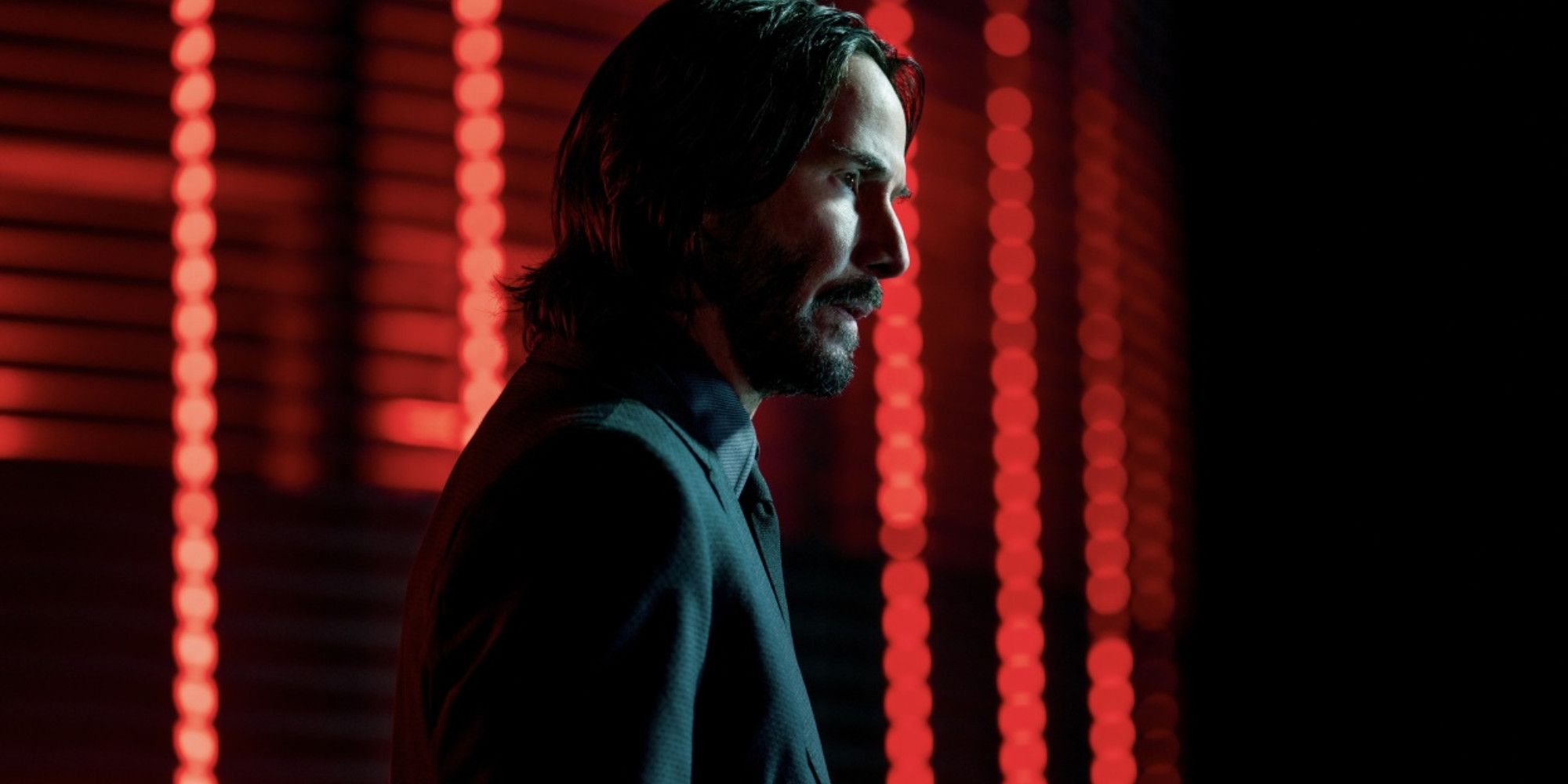The following contains spoilers for John Wick: Chapter 4, now in theaters.
The John Wick franchise has followed John's journey from revenge to his constant battle against The High Table for his freedom. In that time, he's reconnected with old friends, made new ones and fought and killed countless enemies. But even though he's promised to kill anyone in his way, The High Table has proven that nothing will get past it. However, that may not be the case for much longer.
John Wick: Chapter 4 sees John in the home stretch on his fight for freedom, but his actions have made The High Table exceedingly more anxious as he's survived longer than anticipated. As a result, it's sent The Marquis (Bill Skarsgård), a member with the resources to get everything he may need to kill John, after him. That said, his actions ultimately failed, leading to John's freedom and death on his own terms. But John's demise may have started something even greater that could lead to the end of The High Table forever.
The High Table Took Things Too Far by Killing John Wick
Through the actions of The Marquis, the fear that's run through the world of assassins for decades came to light. Initially, it was shown when Winston and his concierge, Charon, faced the consequences of helping John in the previous movie. Because of what they had done, Charon was shot and killed, and the New York Continental was destroyed. But The Marquis' rampage didn't stop there. After he tracked John down to an old friend running the Osaka Continental, he deconsecrated the grounds, allowing for a shootout that led to the manager's death.
As Winston, now focused on revenge for what happened, put his plans into motion to stop The Marquis and return his position, he also talked about why his life was spared. If he died, he would look like a martyr rather than a coward or turncoat. Ironically, John's death may have made him exactly that, as his allies showed that friendship could go far beyond a blood debt, as the respect of the people he knew helped him. And that same respect John showed until his death could also set up The High Table for a tragic end.
John Wick's Sacrifice Could Incite a Revolution
Though John died in a duel, as per the rules of The High Table, he did so to get closer to The Marquis and kill him, rather than the equally tragic character of Donnie Yen's Caine. And by killing The Marquis but also taking a fatal shot from Caine, John was free, Winston got his hotel and status, and Caine could return to his daughter. As a result, John's martyr status and The High Table's questionable actions in killing John may have ruffled enough feathers to challenge the age-old organization.
The High Table used its power against those operating below it, and The Marquis was representative of that. That was evident with the Osaka Continental, which was deconsecrated on a hunch, risking the lives of those inside. So, with John as the spark, a fire could ignite among those below The High Table that saw his fight for freedom. That would mean those desiring freedom and those feeling betrayed by their superiors could be motivated to find a way out through bloodshed.
See how John begins the end of The High Table in John Wick: Chapter 4, now in theaters.



